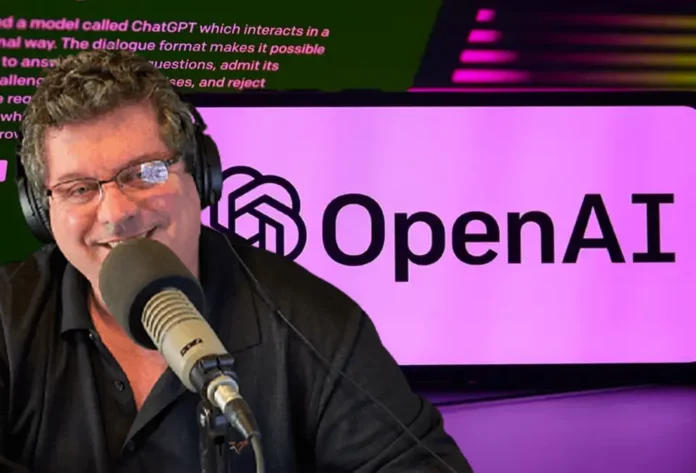Developer Offer
Try ImaginePro API with 50 Free Credits
Build and ship AI-powered visuals with Midjourney, Flux, and more — free credits refresh every month.
OpenAI Cleared In AI Defamation Lawsuit

OpenAI Scores Legal Victory in AI Defamation Case
OpenAI has successfully defended against a defamation lawsuit in Georgia. A judge dismissed the case, which centered on false information generated by its AI model, ChatGPT, about radio host and gun rights advocate Mark Walters. The lawsuit alleged that ChatGPT fabricated a bogus legal case against Walters.
The "Actual Malice" Standard in Defamation Law
The Gwinnett County Superior Court's decision hinged on the plaintiff's failure to prove actual malice. This is a critical legal standard in defamation cases involving public figures. To meet this standard, Walters would have needed to show that OpenAI knew the information was false or acted with reckless disregard for the truth when ChatGPT generated the erroneous content. Judge Tracie Cason presided over the ruling, emphasizing this threshold.
OpenAI's Disclaimers Prove Crucial
A key factor in OpenAI's favor was its clear communication to users about the potential for inaccuracies in ChatGPT's outputs. The company’s extensive disclaimers and user guidance, which warn that the AI may produce errors, played a significant role in the court's decision. This highlights the importance for AI developers to be transparent about the limitations of their technology.
A Landmark Case for AI Misinformation
Legal observers are watching this case closely, considering it one of the earliest court tests concerning AI-generated misinformation. The dismissal underscores the legal challenges in holding AI developers liable for content produced by their models, especially when appropriate warnings are provided to users. The ruling suggests that, for now, the responsibility for verifying AI-generated information may lie more with the user, particularly when disclaimers are in place.
Compare Plans & Pricing
Find the plan that matches your workload and unlock full access to ImaginePro.
| Plan | Price | Highlights |
|---|---|---|
| Standard | $8 / month |
|
| Premium | $20 / month |
|
Need custom terms? Talk to us to tailor credits, rate limits, or deployment options.
View All Pricing Details

